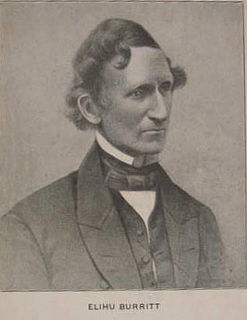A Quote by Michael Parenti
The problem with capitalism is that it best rewards the worst part of us: the ruthless, competitive, conniving, opportunistic, acquisitive drives, giving little reward and often much punishment-or at least much handicap-to honesty, compassion, fair play, many forms of hard work, love of justice, and a concern for those in need.
Related Quotes
Integrity, honesty, and honor may not give immediate rewards or gratification, and they can be life-threatening (for example, being a whistle-blower or turning state's evidence). The absence of integrity, honesty, and honor do not always bring punishment or scorn, and can be life-aggrandizing (connivers and cheats often gain power and wealth). Therefore, morality must be its own reward.
All religions try to benefit people, with the same basic message of the need for love and compassion, for justice and honesty, for contentment. So merely changing formal religious affiliations will often not help much. On the other hand, in pluralistic, democratic societies, there is the freedom to adopt the religion of your choice. This is good. This lets curious people like you run around on the loose!
We are all implicated when we allow other people to be mistreated. An absence of compassion can corrupt the decency of a community, a state, a nation. Fear and anger can make us vindictive and abusive, unjust and unfair, until we all suffer from the absence of mercy and we condemn ourselves as much as we victimize others. The closer we get to mass incarceration and extreme levels of punishment, the more I believe it's necessary to recognize that we all need mercy, we all need justice, and-perhaps-we all need some measure of unmerited grace.
If you love the justice of Jesus Christ more than you fear human judgment then you will seek to do compassion. Compassion means that if I see my friend and my enemy in equal need, I shall help them both equally. Justice demands that we seek and find the stranger, the broken, the prisoner and comfort them and offer them our help. Here lies the holy compassion of God that causes the devils much distress.
People think what's in the US today is capitalism. It's not even close to capitalism. Capitalism doesn't have a central bank, capitalism doesn't have taxes, it doesn't have regulations; capitalism is just voluntary transactions. What they have in the US today I call crapitalism. But it's sad that so many people are confused and they think, 'Oh that's free markets in the US', when it's one of the least free market countries on earth.


































